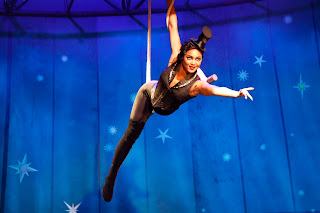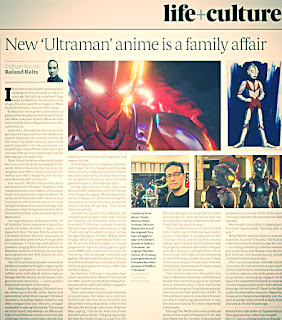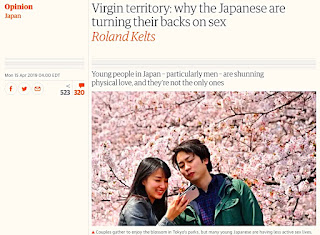My take on Broadway's PIPPIN produced in JAPAN

PIPPIN in Tokyo Tokyo Weekender True to its 2013 source, the Japanese production of the Tony-winning Broadway musical revival of “Pippin” turns the physicality up to 11. Most of the choreography is acrobatic, with actors contorting themselves into seemingly impossible positions, and some is aggressively sensual. Yet on a stage teeming with athletic young bodies in skintight costumes, the one that draws the most enthusiastic applause belongs to 73-year-old Mie Nakao. The veteran actress’s star turn as Berthe (a role she rotates with Beverly Maeda), grandmother of the eponymous hero (played with idol-boy earnestness by Japanese-Spanish TV star and singer, Yu Shirota), comes during her solo performance of “No Time At All,” a song preaching pleasure at all costs. After the fourth chorus, Nakao suddenly doffs her dowdy gown and shawl to reveal bared shoulders and legs tucked into a colorful corset. She ascends on a trapeze with the aid of a shirtless hunk, gripping the ro...




